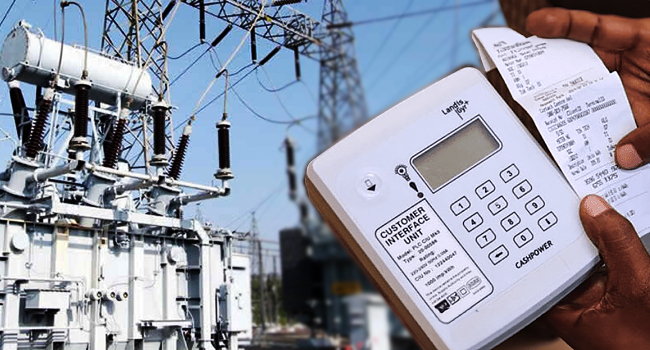NIGERIANS are searching for answers on how to cope with the projected higher cost-of-living nearly a week after the Federal Government commenced the phased removal of electricity subsidies. In an abrupt move on April 3, the Nigerian Electricity Regulatory Commission cancelled subsidies from Band A customers or those enjoying 20 hours of supply daily. As hardship intensifies among the populace because of government policies, this is a badly timed policy with broad ramifications for socio-economic life.
The implication is brutal: from N68 per kilowatt hour tariff, unit cost spiralled to N225KWh. According to NERC, Band A customers are 1.9 million or 15 per cent of the 12.82 million consumers nationwide. Band B, C, D, and E customers, who get lower supplies daily, are not affected yet. This is scant mitigation primarily because electricity supply is erratic.
As expected, the increment has met with resistance and agitation for reversal from the organised labour, and activists. The Manufacturers Association of Nigeria projects that the hike would provoke factory closures and job losses. In an era of hyperinflation, stagnant wages, and currency depreciation, these concerns are genuine.
Across Europe, governments are contending with energy subsidies, especially after the COVID-19 pandemic in 2020. The European Union said 27 member-states subsidised energy costs with €216 billion in 2021, which rose to €390 billion in 2022.
In Nigeria, it seems all the government is concerned with is the expected fiscal windfall. Adebayo Adelabu, the Minister of Power, has been insistent that electricity subsidy must be withdrawn. His argument is like the one peddled by the government ahead of the petrol subsidy removal: subsidies benefit only the rich.
By the cancellation, the target is to save N135.26 billion of the N216.2 billion on subsidy being paid. In 2024, this will aggregate to N1.14 trillion.
The government is fixated on savings whereas there are deep implications for the economy. Unfortunately, Nigeria’s electricity situation is a catch-22. There is no assurance that there will be supply for the number of hours as stated by NERC Vice-Chairman, Musiliu Oseni, from the distribution companies. As for the tariff increment, there is no guarantee that it will improve the sector.
In proper perspective, inflation has risen monthly since Tinubu yanked off petrol subsidies last May. From 22.41 then, inflation accelerated to 31.70 per cent in February. In 2023, 767 manufacturers shut down and 335 experienced distress. Their unsold goods’ inventory was N370 billion. The outfits sacked 3,567 workers while real growth declined to 2.4 per cent. The effect of the electricity subsidy removal might be similar.
Additionally, the electricity sector is mired in a vicious cycle of arrested development. Although generation and distribution were privatised in 2013, there has been trifling progress. The country has installed capacity of over 12,000 megawatts, which is inconsequential compared to South Africa and Egypt, which generate over 58,000MW each. Attempts to wheel 5,000MW or more to the national grid triggers grid collapse.
The DisCos reject power allocated to them; the GenCos face liquidity problems. Ten years after privatisation, the DisCos have not metered a chunk of their customers. The DisCos hide this to charge arbitrarily, leading to payment default. The Tinubu administration should have carried out extensive reform in these areas first before the tariff hike.
There might be no real gain for government. With the hike, consumption might likely reduce as Nigerians move to other sources of energy.With a metering shortfall of about eight million, Nigerians are at the mercy of the DisCos. Tinubu, Adelabu and NERC should make meter provision a priority.
To resolve the niggle, the government should eat the humble pie by admitting that it jumped the gun and concede to discuss widely with all the stakeholders before taking the next step. It should increase capacity at the generation, distribution and transmission legs.
